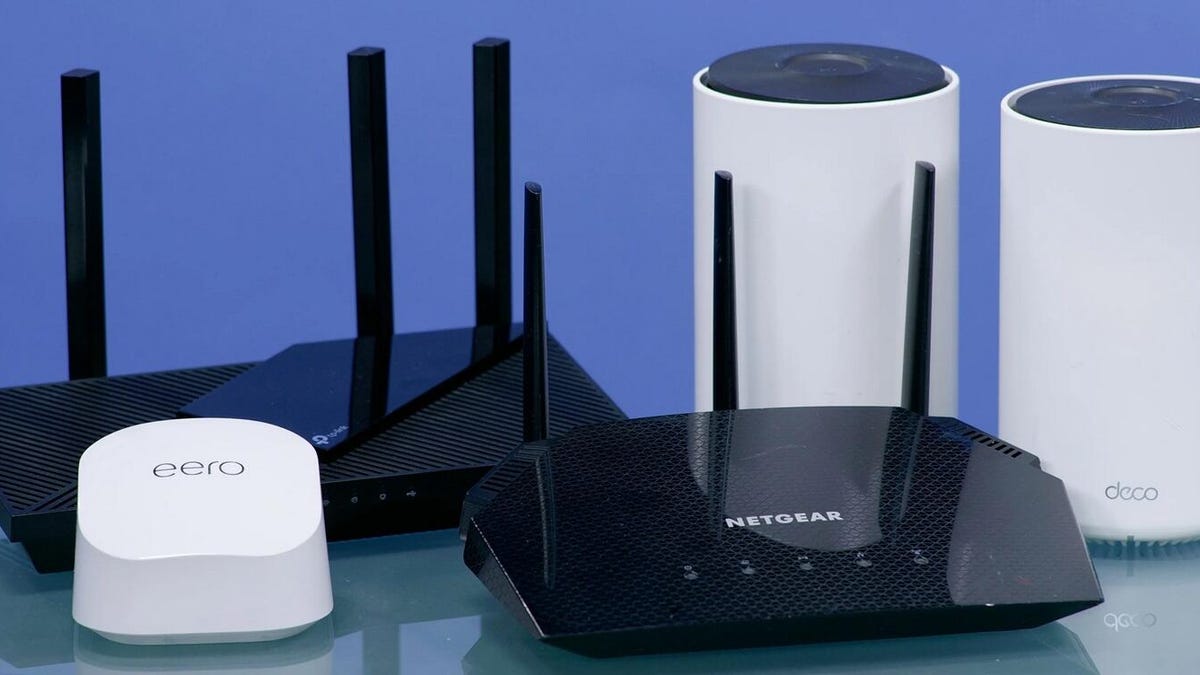Next-Gen Wi-Fi 7 Gets Official Certification
The new wireless standard is a significant advancement for home networking, promising faster top speeds and better performance.

Wi-Fi 7 has been finalized, and certification of devices using the next-generation wireless standard has begun, the Wi-Fi Alliance announced Monday.
Hailed as a big step forward for wireless home networking, the new standard promises significantly faster top speeds and better performance for phones, laptops and other devices in high-congestion environments.
The Institute of Electrical and Electronic Engineers, the group responsible for developing new versions of Wi-Fi, has been working on Wi-Fi 7 for years, and Wi-Fi Alliance certification was expected to come sometime this year. Wi-Fi 7 builds on Wi-Fi 6E and is backward compatible, so it will work with Wi-Fi 6 and Wi-Fi 5 devices.
Locating local internet providers
The new standard supports twice the bandwidth as its predecessor, Wi-Fi 6, expanding from 160MHz to 320MHz and allowing for multigigabit device speeds and higher throughput.
Wi-Fi 7 will also feature Multi-Link Operation, or MLO, which devices use to transmit and receive data simultaneously over multiple links instead of just over either the 2.4GHz or 5GHz link. A key benefit of MLO is reduced latency and improved reliability.
Locating local internet providers
MLO "avoids congestion and significantly lowers latency, laying the foundation for a digitally immersive and connected world," Vijay Nagarajan, vice president of marketing for Broadcom's Wireless Communications and Connectivity Division, said in a statement.
Wi-Fi 7 is likely to see rapid adoption, with 233 million devices that support the standard entering the market this year, a number expected to grow to 2.1 billion by 2028, the Wi-Fi Alliance said.
However, while multi-gig internet plans are on the rise, the average home's internet speed currently sits somewhere around 200Mbps in the US. ISP speeds like those serve as a speed limit for home Wi-Fi networks, which means most homes are likely still years away from being able to take full advantage of Wi-Fi 7-enabled routers.

